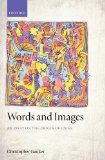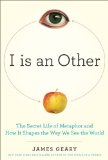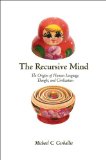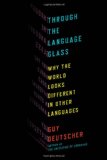
The Language of Pain: Finding Words, Compassion, and Relief by David Biro (W.W. Norton & Co, 2010)
(link for amazon.co.uk)
“…pain, and stories of pain, provide us with an extraordinary opportunity to witness the way language and meaning come into being.” p 139
To counter the isolation and silence that are often experienced by people in pain, physician Biro draws on literary accounts, memoirs and works of art to explore metaphor as a way of developing a language of pain. The three types of metaphor he discusses are agency (an external force causing pain), mirror (feelings projected into external objects) and X-ray (metaphors to picture interior of body).
Product description from the publisher:
David Biro breaks through the wall of silence in this impassioned, hopeful work. Pain regularly accompanies illness, as David Biro knows only too well. Faced with a bone marrow transplant, the young doctor was determined to study his pain but found himself unable to articulate its depths, even to his doctors and wife. He has now discovered a way to break through the silent wall of suffering—physical and psychological—and wants to share it with others. In his new book, the critically acclaimed author expertly weaves together compelling stories and artwork from patients along with insights from some of our greatest thinkers, writers, and artists.
In the tradition of Susan Sontag’s Illness as Metaphor, Biro’s groundbreaking book is sure to transform our understanding of and ability to communicate pain. Language can alleviate the loneliness of pain and improve the chances that other people—family, friends, and doctors—empathize and respond most effectively. 10 illustrations
excerpt from p. 206-7
Pain is difficult to express because it isn’t necessarily connected to objects or referents in the shared, outer world. To overcome this obstacle, a person might imaginatively create a referent through metaphor. The material we have looked at during the course of the book, from the actual words of patients to works of fiction and art, offers three strategies for the creation of such referents. First, an agent in the outside world can be identified as acting against a person and causing pain. Next, the world can be remade to experience pain and empathize with a sufferer. And finally, the body can be opened up, enabling the sufferer to picture the internal source of pain.
Related works:
Biro cites Elaine Scarry’s The Body in Pain: The Making and Unmaking of the World as a prime inspiration for his book.
Perceptions of Pain grew out of artist Deborah Padfield’s work with pain clinic patients. Some images from the book are reproduced in Chapter 9 of Biro’s book.







